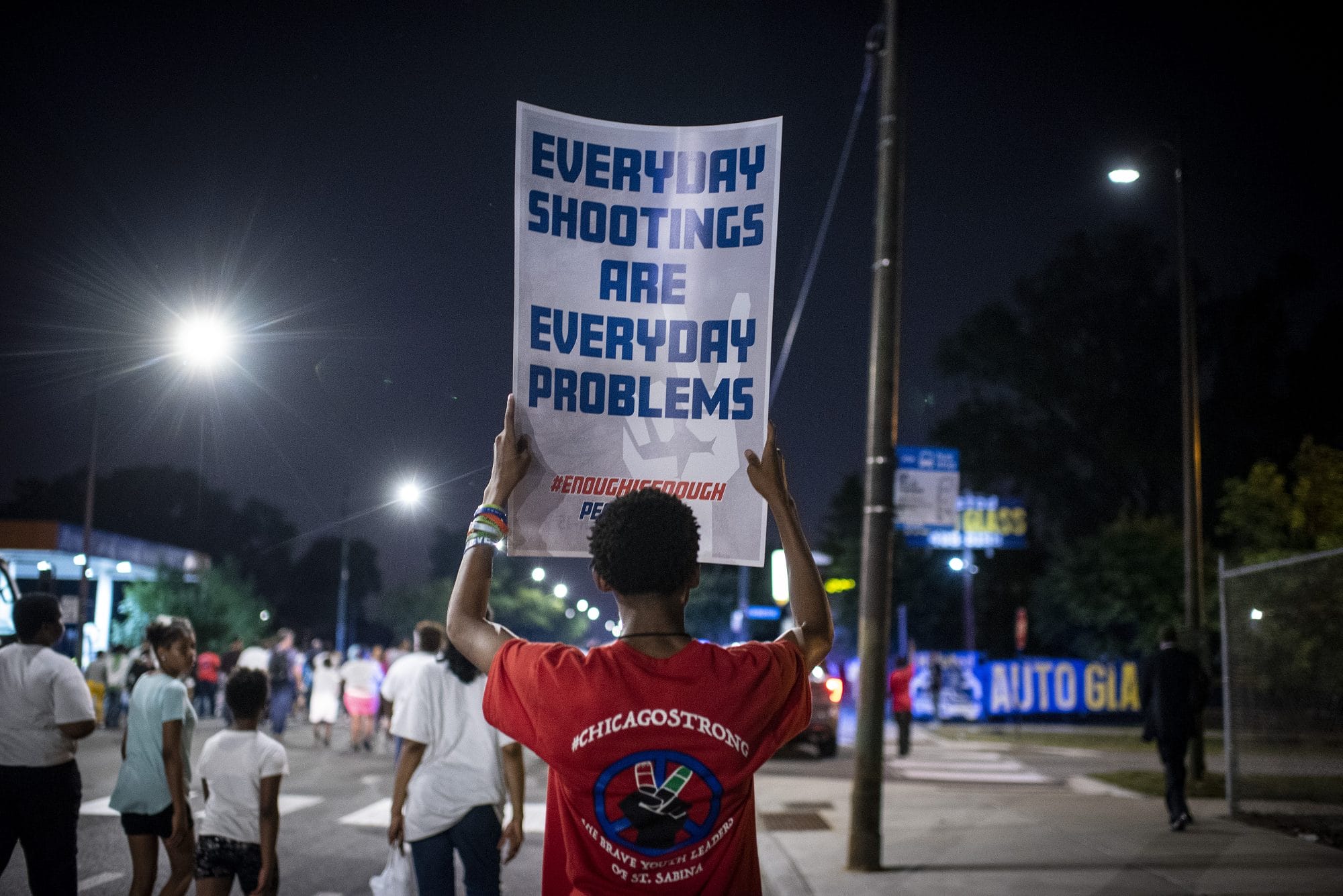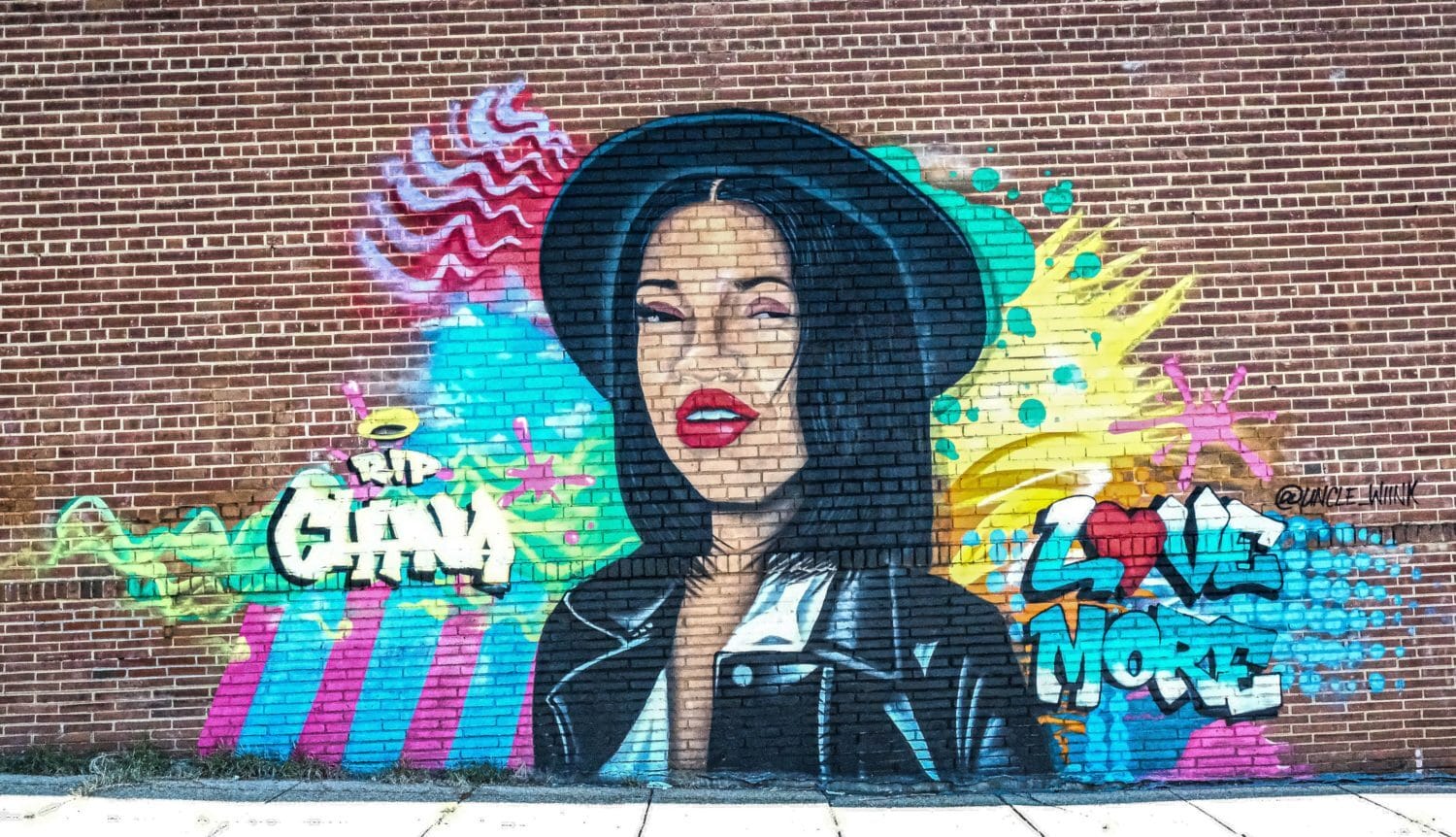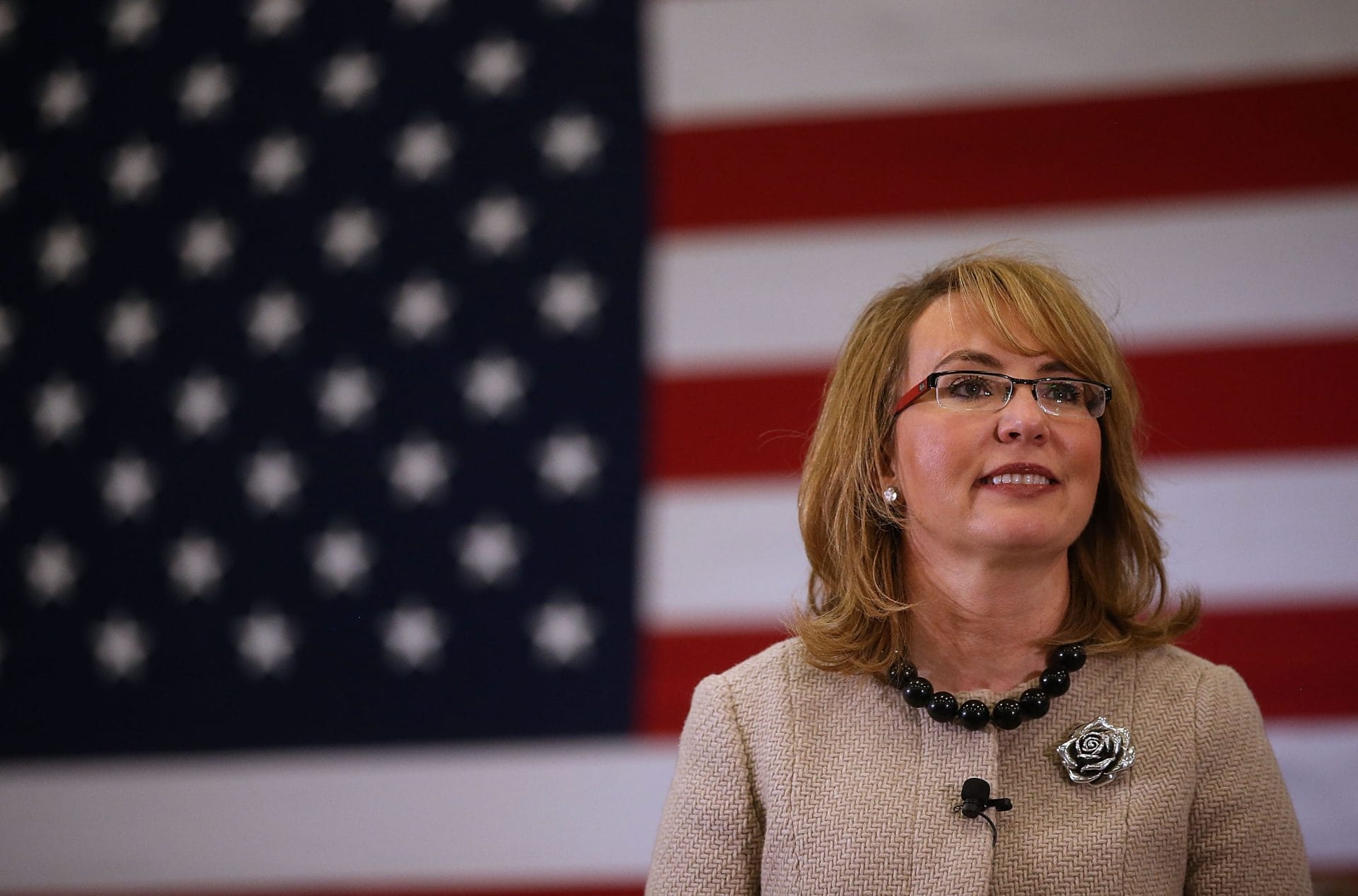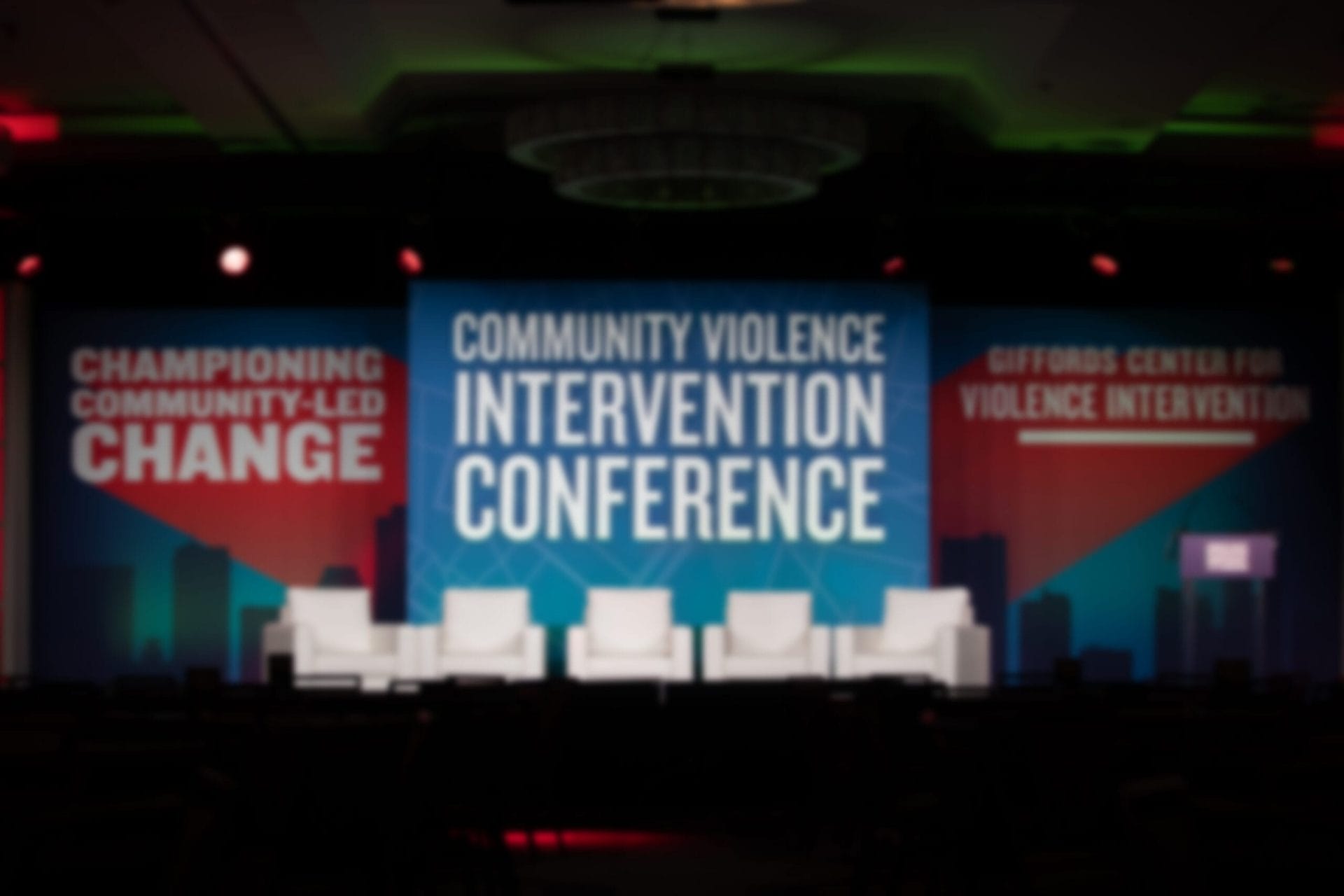
Hosted by GIFFORDS Center for Violence Intervention in Los Angeles on July 20 & 21, 2026.
The call for proposals for is open for breakout sessions. Registration is live, with discounted early bird rates available while supplies last.
The Community Violence Intervention Conference is the largest convening exclusively dedicated to CVI in the country, attracting more than 900 experts—both national and international—to discuss the impact of this lifesaving work. The goal of the conference is to bring together leading experts, advocates, and practitioners to share insights, struggles, and opportunities in a communal space devoted to advancing the field of community violence intervention.
At GIFFORDS Center for Violence Intervention, we uplift the transformative work of community organizations and the strategies that break cycles of violence. The 2026 CVI Conference will be an invaluable opportunity for people committed to saving lives from community violence to come together, share best practices, and advocate for change.
Background
Community violence is a daily tragedy in neighborhoods across the country, and it’s disproportionately experienced by communities of color. Yet all too often, community violence—and some of its most successful solutions—fails to make the headlines or play a role in national debates about public safety.
Every person should be able to live, work, and play free from the threat of gun violence, and elevating CVI strategies is a key way to make that a reality. The 2026 Community Violence Intervention Conference provides a dedicated, collaborative environment to help the people building safer communities come together and exchange ideas.
Participants
Collaboration is a key part of the CVI movement. Every community is unique and available resources vary from city to city, making it crucial for those invested in violence intervention to have a dedicated time and place to share experiences and best practices.
With this in mind, we’ve designed the 2026 Community Violence Intervention Conference to appeal to a range of stakeholders and disciplines. The conference will feature more than 850 subject-matter experts from across the country and approximately 100 from abroad. Through a range of activities—including trainings, workshops, panel discussions, and more—we aim to provide a collaborative and informative environment for all.
Stakeholders include:
- Survivors of Violence
- Intervention/Prevention Practitioners
- Researchers
- Policy Experts
- Advocates
- Frontline Workers
Disciplines include:
- Criminal Justice
- Social Work
- Public Policy
- Law Enforcement
- Nonprofits
- Philanthropy
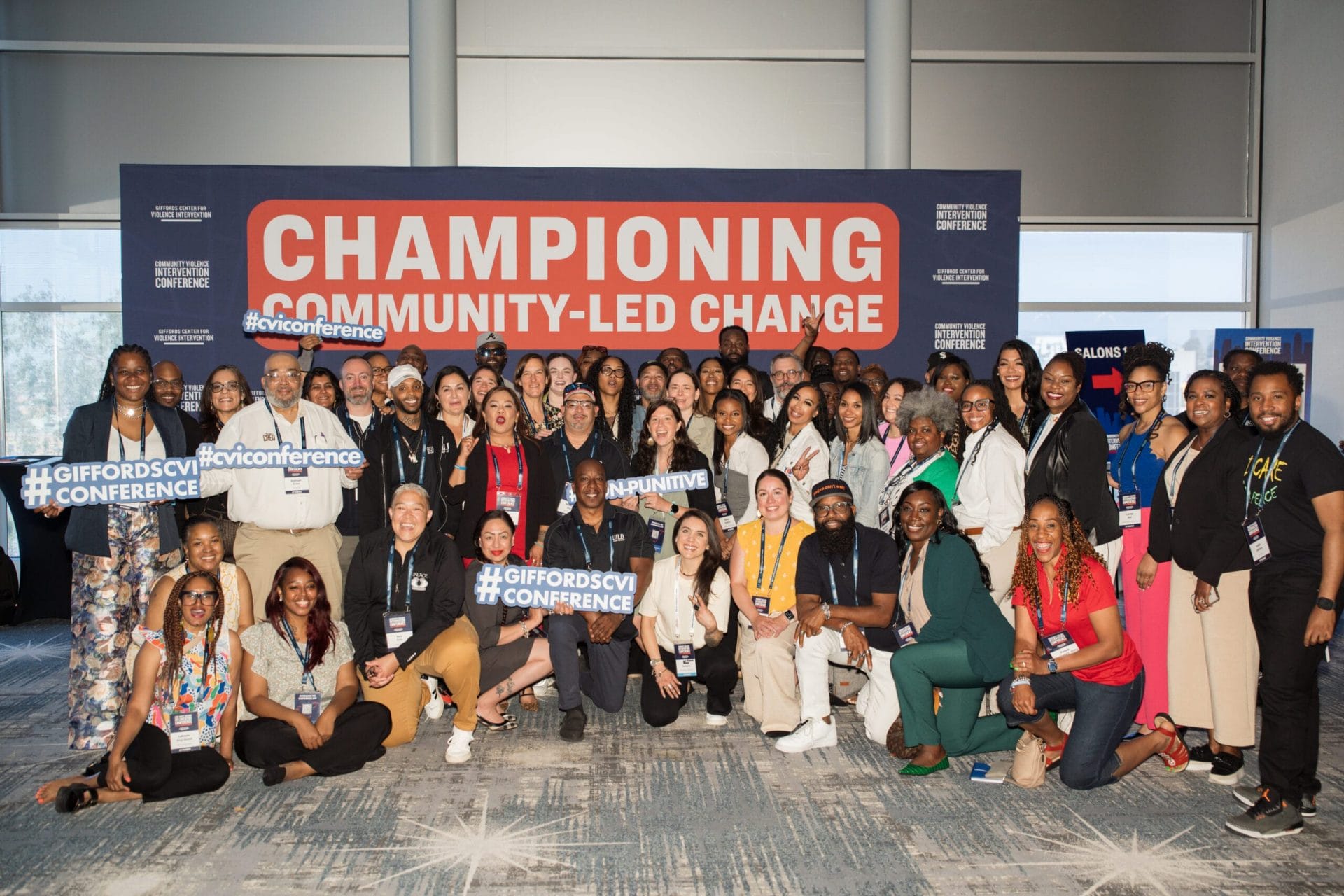
The CVI Conference will be located in downtown Los Angeles, California, and will span two full days: Monday, July 20, and Tuesday, July 21, 2026. A detailed agenda will be sent to registrants closer to the event.
Registration for the CVI Conference is now open.Tickets are available in tiered pricing, with rates increasing as each tier sells out. We encourage attendees to plan and budget accordingly.
Early Bird: $495 (limited quantities)
General Admission: $550
Late Registration: $650 (subject to availability)
CONVERSATIONS WITH EXPERTS
GIFFORDS Center for Violence Intervention’s webinars explore different aspects of community violence through conversations with experts.
WATCH NOW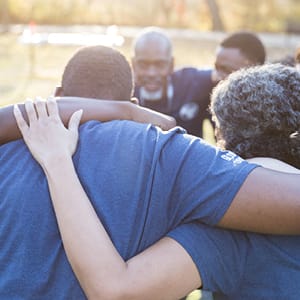
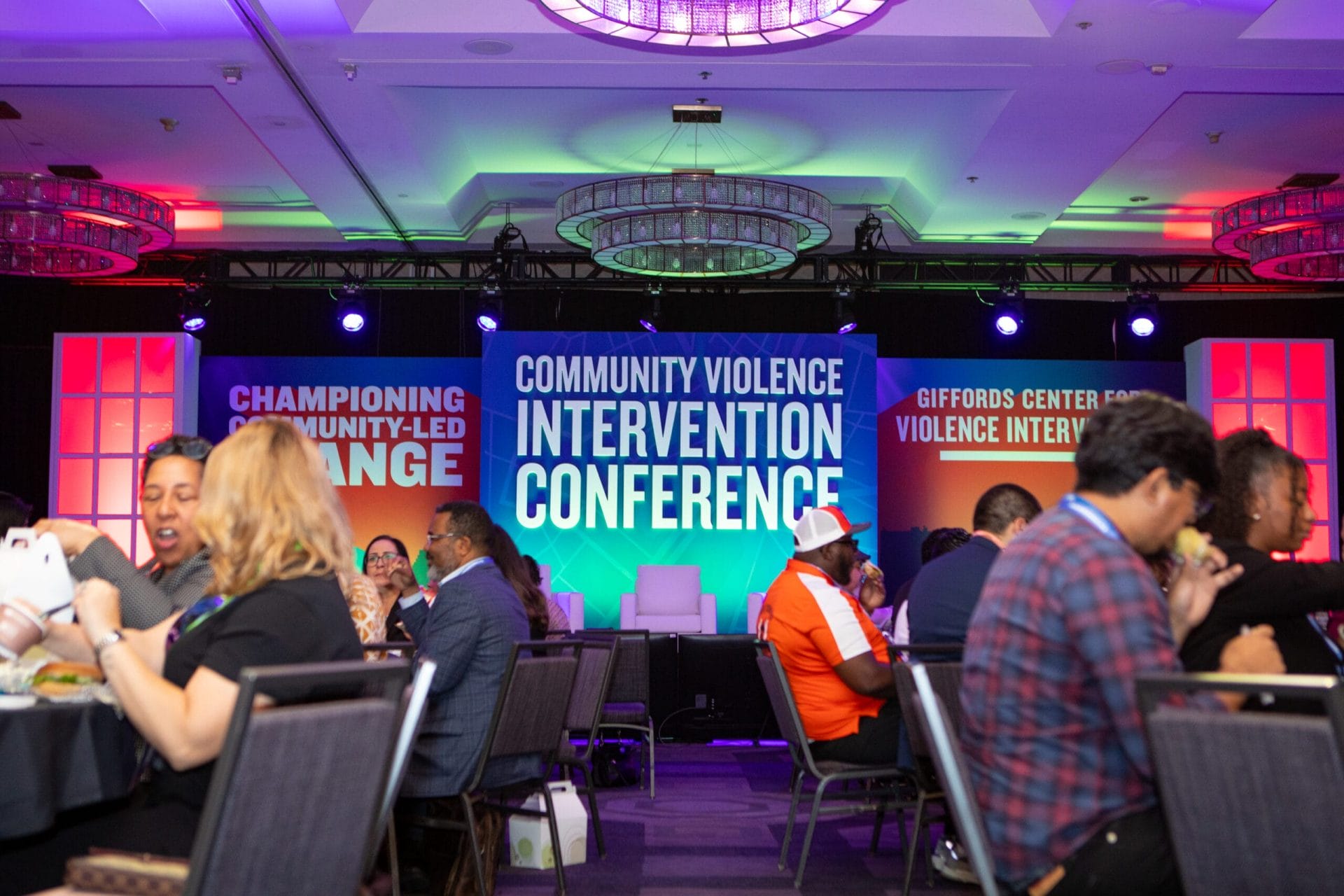
Where is the conference?
The conference will take place at the JW Marriott Los Angeles LA LIVE in downtown Los Angeles, California.
Where can I stay?
The conference hotel room block is now open with discounted rates, and there are several walkable hotel options nearby.
Are scholarships available for the CVI Conference?
Yes. We offer a limited number of scholarships to support access for frontline practitioners and others with limited organizational resources. Requests can be submitted through our scholarship request form.
How can I apply to present or speak at the conference?
If you are interested in speaking at the conference, please apply through our proposal submission form. The process begins with a short concept in Round 1, followed by a full proposal in Round 2 for selected applicants. Please review the submission guidelines before applying to familiarize yourself with our new process.
My organization requires a conference schedule to support my attendance. Is one available yet?
The full program is shared with registrants closer to the event. Our conference overview is the best resource available for attendance approval and includes the information most organizations require.
I can no longer attend the conference. Can I get a refund or transfer my ticket to someone else?
Refund requests submitted by May 20, 2026 are eligible for a full refund minus processing fees. Requests submitted between May 21 and June 20, 2026 are eligible for a 50% refund. No refunds will be issued after June 20, 2026. If you are unable to attend, you may transfer your registration to another individual at no cost by June 22, 2026. Edits to attendee names must also be submitted by June 22, 2026.
To request a refund or transfer, email cvi-conference@giffords.org with your registration name, email, and the details of your request.
Who do I contact with questions?
If you have any logistical questions about the conference that have not been addressed in the FAQ, please reach out to cvi-conference@giffords.org and we will be happy to assist.
QUESTIONS?
Our team is here to help. Email us at cvi-conference@giffords.org with any questions about the Community Violence Intervention Conference.
EMAIL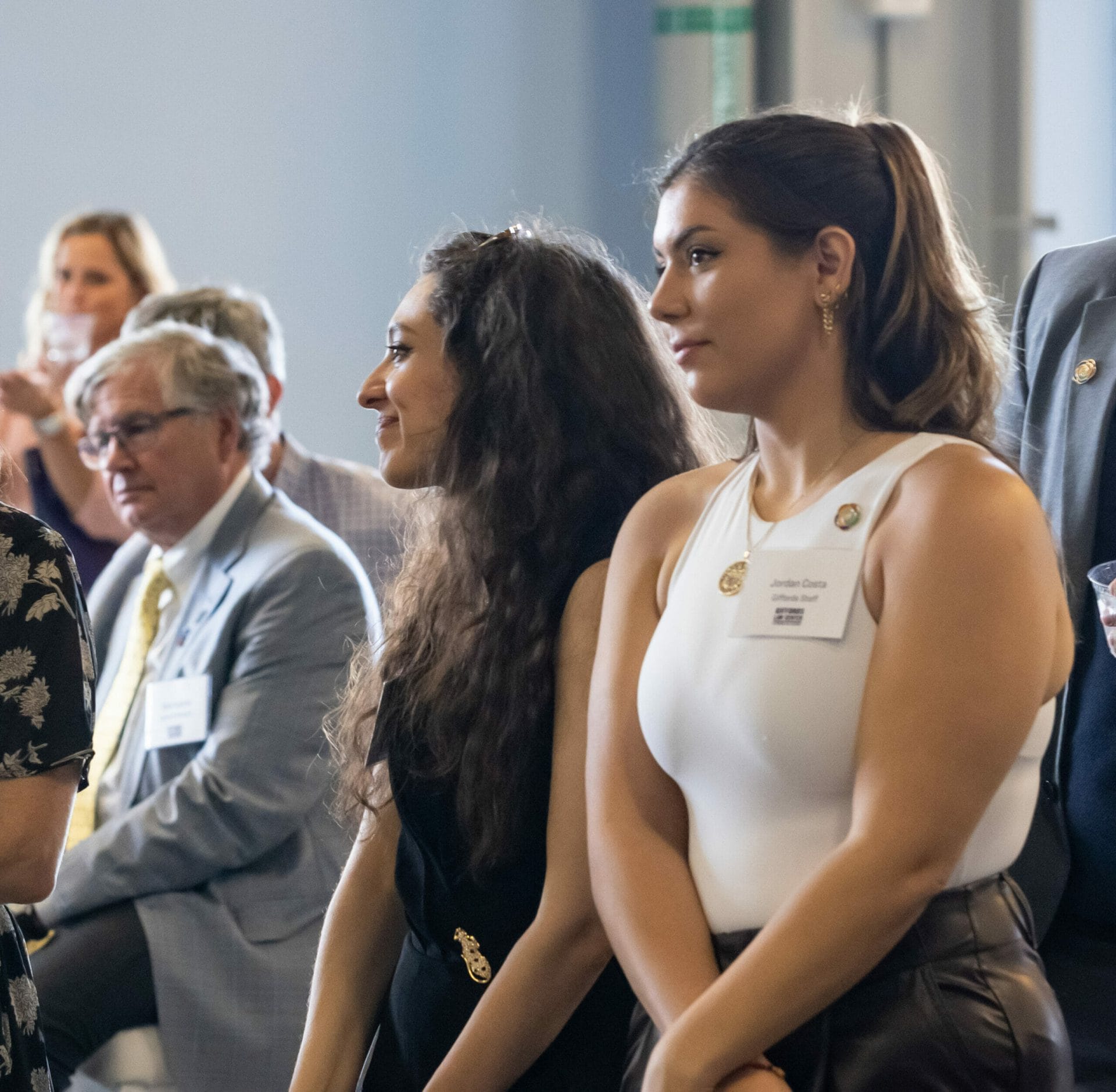
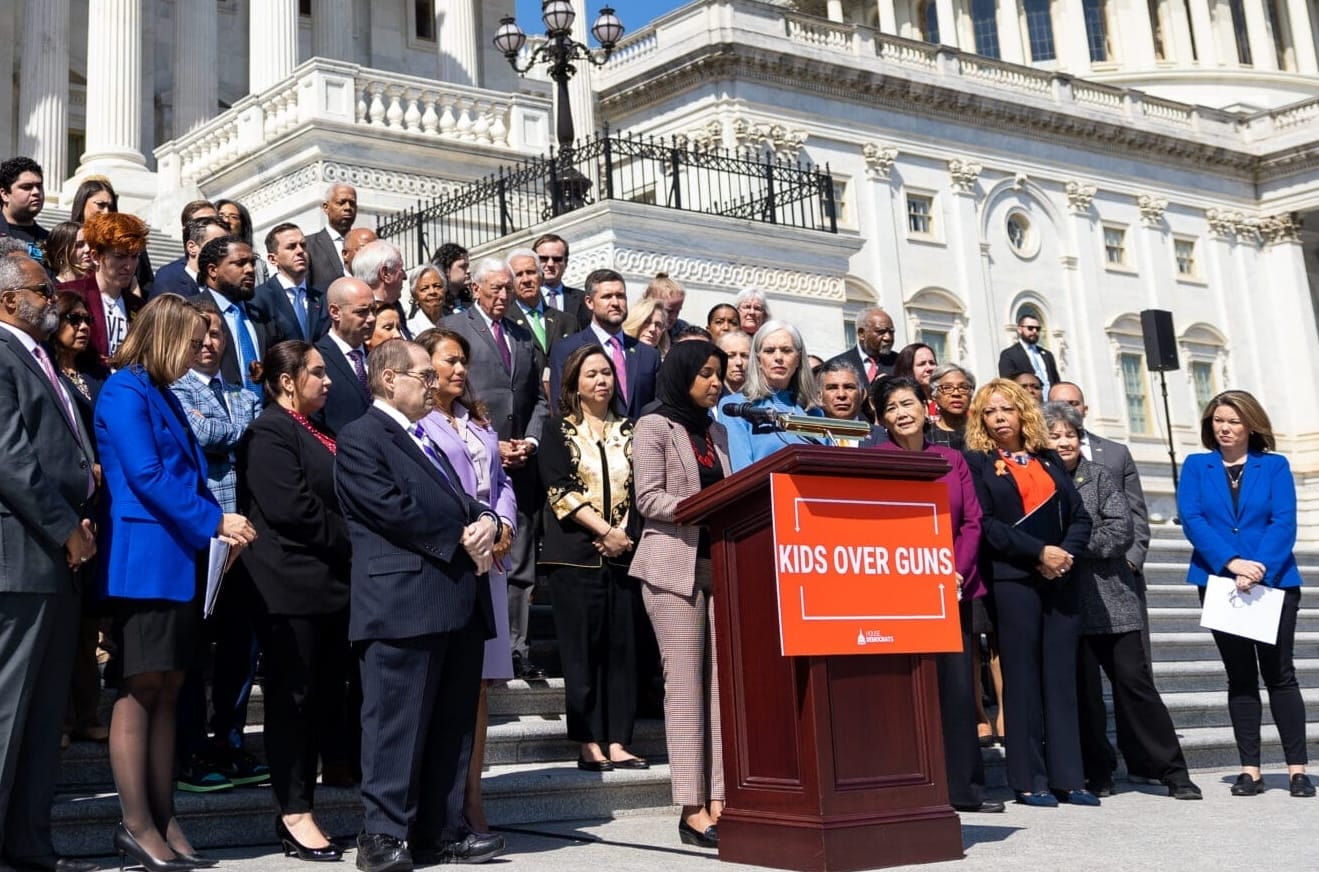
SPOTLIGHT
TRACKING CVI LEGISLATION
Community violence intervention is a crucial approach to fighting gun violence. Keep up to date on the latest CVI legislation in your state with the Giffords Community Violence Intervention Policy Analysis & Tracking Hub—CVI-PATH.
Read More